Newsnight, we learned last week, is losing ten minutes off its running time, more than half its staff including its entire reporting team and is dropping its investigative films in favour of cheap ‘n’ easy studio-based debates.
The BBC’s news supremo Deborah Turness calls it ‘an important BBC brand’, but said ‘we’ve made the decision to reformat Newsnight as a 30-minute late-night news-making debate, discussion and interview programme’. She hasn’t quite taken the old captive bolt gun to it yet, then, but this sacred cow is definitely mooing anxiously as it makes its way down the slaughterhouse gangplank.
Newsnight has gone from being a must-watch to being the most missable programme on television
I hate to say it, but: fair enough. It’s not advancing age, or not just advancing age, that means that I almost always feel like taking to my bed around the time of Newsnight’s 10.30pm kick-off. I expect you do too. Once, quite the opposite applied. You positively perked up at the portentous opening of the Newsnight theme, rather as Pavlov’s pooches might have done on hearing the bell for din-dins. The prospect of Paxman, and, later, Maitlis, was Pedigree Chum to the newshound. No longer. Over the last couple of decades it has gone from being a must-watch to being the most missable programme on television.
The Today programme, Newsnight’s Radio Four counterpart, was the other must-catch piece of broadcast news programming. Its most recent heyday, too, ran from the late eighties to the middle noughties. Between them, they bookended the day. Newsnight would provide serious and lively and very timely analysis of the day’s big breaking stories, made extra watchable by the live evisceration of some hapless cabinet minister or other (which interview would itself often produce a fresh news line). First thing the following day, Today would unpack the stories that were leading that morning’s papers, spackle them with the blood of yet another senior politician, and the whole glorious cycle would continue.
You couldn’t really consider yourself up to date if you hadn’t caught both. But both these programmes are now profoundly optional, and have been for a decade or more. This isn’t the fault of their presenters, editors or researchers. And it’s not because the BBC is toothless, corrupt, woke, institutionally biased, and all the rest of it – though I don’t deny that it may indeed be all these things. The problem is that the media environment has changed completely, and with it the political culture.
Before the age of social media, if you were a politician and you wanted to get your message out to the country – whether you were defending some cockup or promoting some triumph – you had to make a bargain with the devil. The BBC would gladly put you on air, but they’d insist on asking you some questions, sometimes searching ones, rather than allowing you to spout your line unchallenged. That was the deal. Senior politicians submitted because they had to; and the more conscientious among them saw it as a democratic duty as well as a practical necessity.
If there was a prison riot, the Home Secretary would like as not turn up to be quizzed about it on Newsnight or Today. And if they didn’t, or if the Home Office failed to field a proper spokesman or a proper excuse, they could expect to be shamed for it. There was an understanding in the country at large that these two institutions represented main arteries of public accountability; that you reached voters of all political stripes and none in a way that no single newspaper did, and at the speed of events.
That has long gone. The bargain I describe – where, essentially, the journalists were gatekeeping access to their audience – is no longer one that’s remotely worth striking for a politician. Why would it be? It’s all downside and no upside. You can now go direct to the public with a slickly made promo video, and if it’s challenged at all it’ll be on some moany ‘fact-check’ segment long after the fact, which relatively few viewers will pay the slightest bit of attention to.
We can go months without a cabinet minister, still less a Prime Minister, feeling they have to submit to interview on either of these programmes. And there’s not much point in keeping a barracuda – a Paxman, or a Maitlis, or an Andrew Neil – in the tank if the government of the day can get away with feeding it whitebait. That’s a vicious circle for the BBC and a virtuous one for the politicians. The fewer big beasts get mauled on air, the fewer people bother to tune in to these programmes and the less chance they’ll set the news agenda. The fewer people tune in, the less strong is the argument for fielding big beasts. And so on around and down. By the time Craig Oliver and Dominic Cummings were ruling the roost in Downing Street, they were able to boycott Today altogether, and do so with impunity.
This doesn’t just make the lives of politicians easier. It also helps make the argument for doing in the BBC itself: first you cut a neat ring through the bark of the tree; then you observe sorrowfully that the tree is dying; then you return to it with your chainsaw. This will not be the cause of any great mourning, I dare say, among those who loathe the BBC for its smugness and its conformity, who resent paying the licence fee, and who regard it, with much justice, as an ever more intolerable anachronism. It is a broadcaster in the narrowcasting age, and a statist behemoth in a world where private companies supply an all-you-can-eat media buffet.
It’s hard to see how the genie can be returned to the bottle. Cabinet ministers are rightly required to submit to questioning in parliament, but without going full Stalinist you can’t force them by law to appear on Newsnight. Yet we’re worse off for that in practice.
Whether you like their tone or not, there’s something to be said for media monoliths with the funds to conduct investigations and the clout to compel the powerful to submit to cross-examination. If the future of political communications is self-produced puff videos on social media, softball interviews with pals in friendly media outlets and precision-targeted ads, our information environment is the poorer for it.
Got something to add? Join the discussion and comment below.
Get 10 issues for just $10
Subscribe to The Spectator Australia today for the next 10 magazine issues, plus full online access, for just $10.


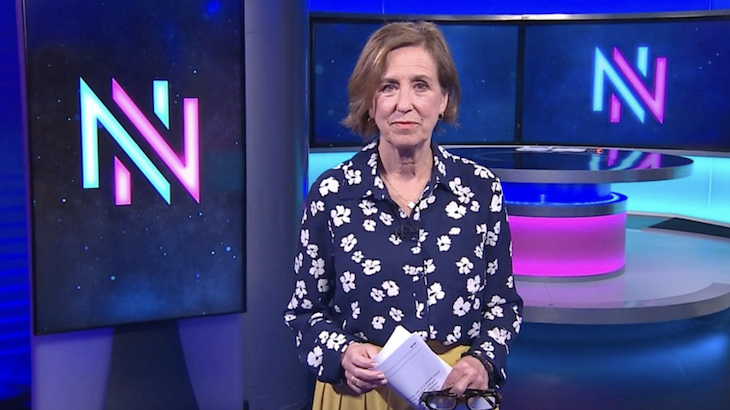
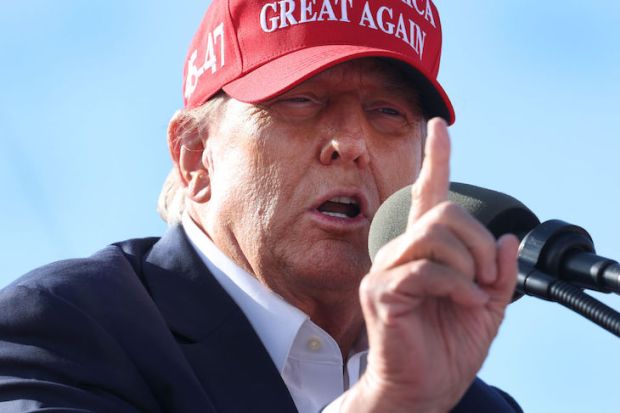
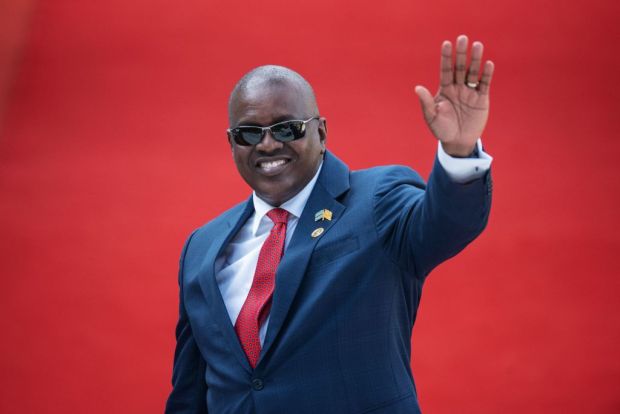
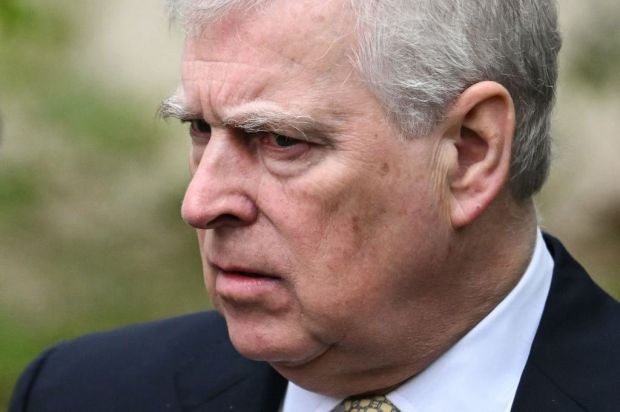
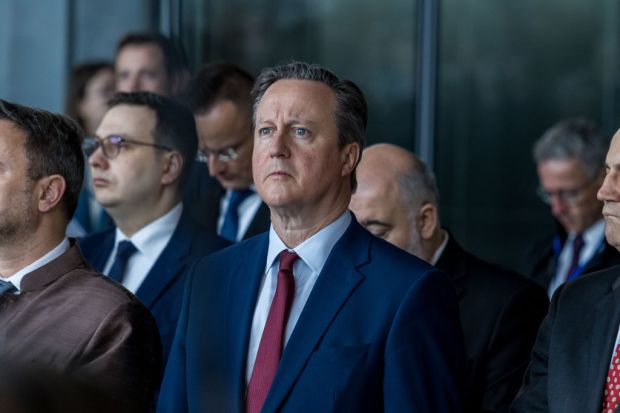
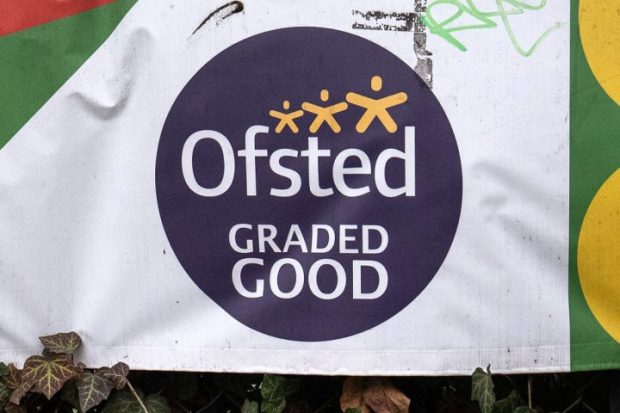
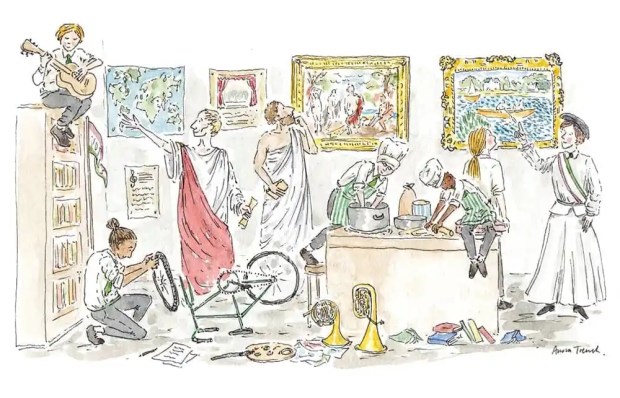












Comments
Don't miss out
Join the conversation with other Spectator Australia readers. Subscribe to leave a comment.
SUBSCRIBEAlready a subscriber? Log in